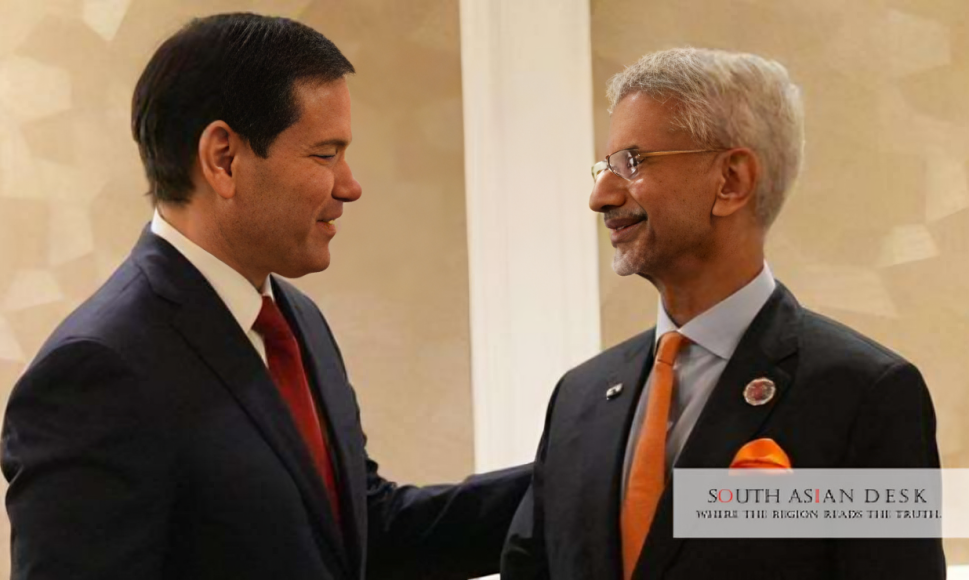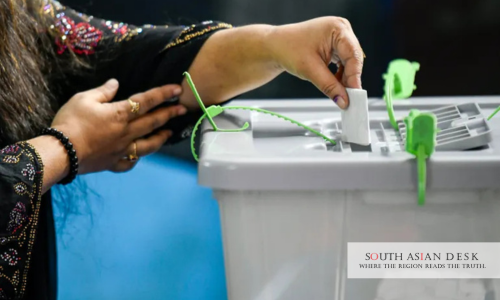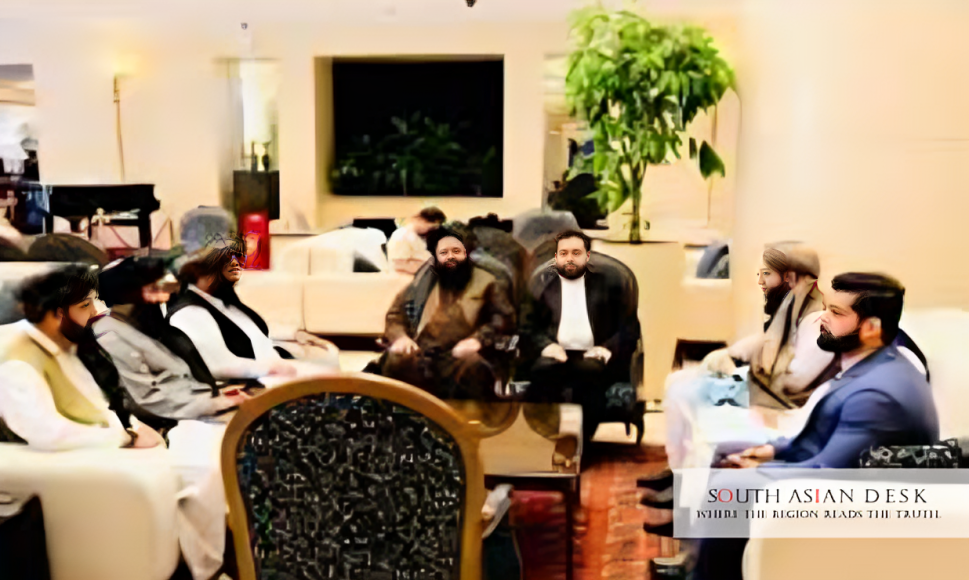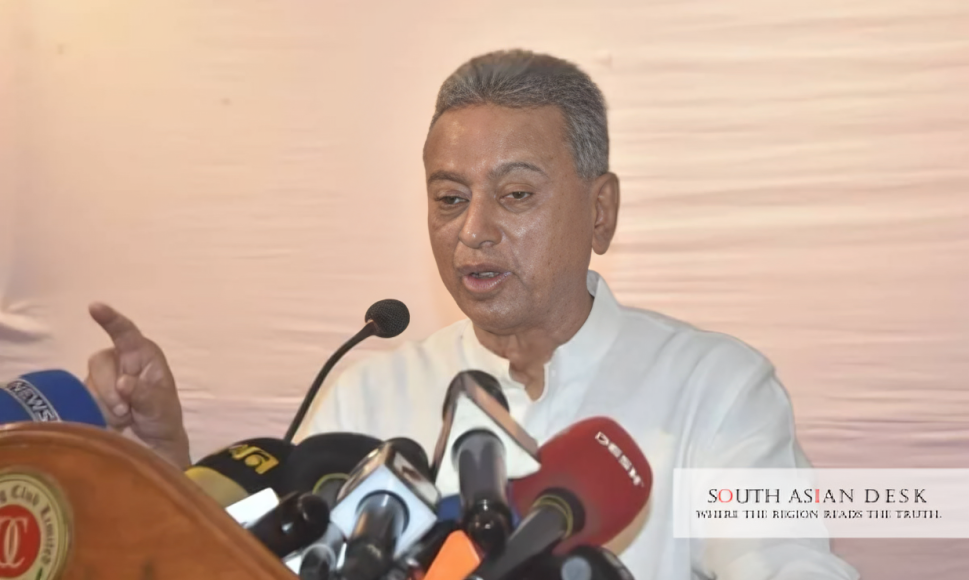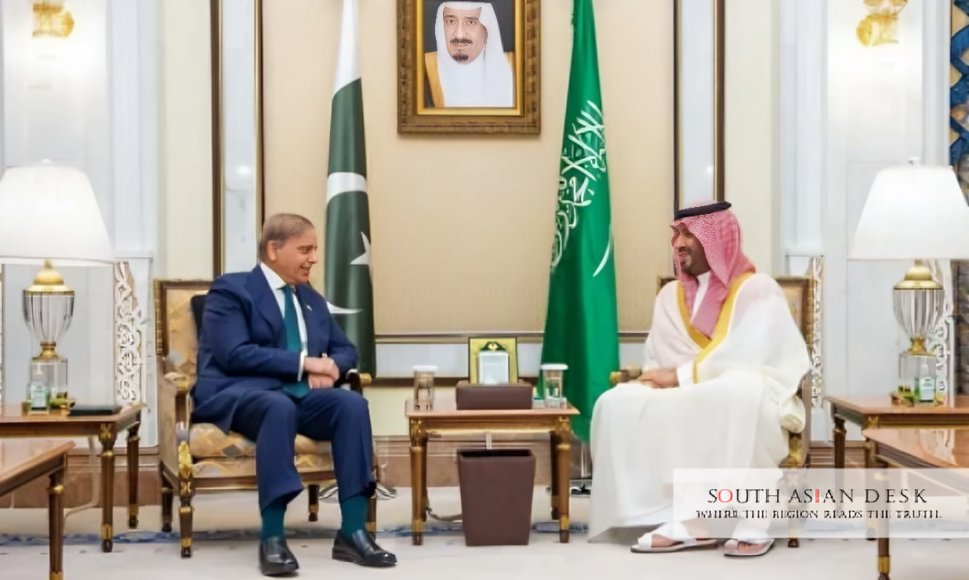US Secretary of State Marco Rubio and Indian External Affairs Minister Subrahmanyam Jaishankar met in Kuala Lumpur, Malaysia, on October 27, 2025. The Rubio Jaishankar meeting Malaysia occurred on the sidelines of the ASEAN summit. They discussed US India ties ASEAN summit Kuala Lumpur context and Jaishankar Rubio bilateral talks tariffs. The encounter lasted 45 minutes.
This dialogue holds significance for South Asia. Trade disputes between the US and India affect regional supply chains. Energy choices influence security. Balanced diplomacy aids stability across borders.
Jaishankar Rubio Bilateral Talks Tariffs Dominate Agenda
The Rubio Jaishankar meeting Malaysia highlighted efforts to mend strained relations. Jaishankar shared a photo on X showing a handshake with Rubio. He wrote: “Glad to meet @SecRubio this morning in Kuala Lumpur. Appreciated the discussion on our bilateral ties as well as regional and global issues.”
India’s Ministry of External Affairs confirmed the Jaishankar Rubio bilateral talks tariffs touched upon key areas. Officials noted exchanges on trade cooperation and defence links. Regional stability featured prominently. The US embassy readout echoed this, covering bilateral cooperation in trade, defence and technology, alongside regional matters.
Attendees included aides from both sides. The venue was a secure room at the summit complex. Timing aligned with the East Asia Summit session.
Focus on US India Ties ASEAN Summit Kuala Lumpur Dynamics
Within US India ties ASEAN summit Kuala Lumpur framework, leaders addressed multilateral cooperation. Jaishankar delivered India’s statement at the 20th East Asia Summit. He stressed supply chain reliability and energy trade constraints. Multipolarity and technology realities drew emphasis. Terrorism threats received zero tolerance call.
Rubio, representing the US at the ASEAN-United States Post-Ministerial Conference, aligned views on Indo-Pacific goals. President Donald Trump attended in person. Prime Minister Narendra Modi joined via video link, citing Deepavali commitments, per Malaysian PM Anwar Ibrahim.
This setup amplified the Rubio Jaishankar meeting impact. It signalled commitment despite virtual gaps.
US India Ties Strain Under Tariffs and Visa Hurdles
Jaishankar Rubio bilateral talks tariffs revealed deeper frictions. In August 2025, the US raised tariffs on Indian goods to 50 per cent. An extra 25 per cent penalty targeted Russian oil purchases. India imported discounted crude, accused of aiding Russia’s Ukraine war efforts.
Last week, US sanctions hit Russian oil firms. Trump claimed a recent call with Modi yielded promises to halve imports. A White House official stated New Delhi acted on this. Indian sources report no immediate cuts. New Delhi stayed silent. Tariffs cover textiles, pharmaceuticals and steel. Exports worth USD 10 billion face hits. Indian firms report 15 per cent cost rises.
H-1B Visa Fees Add Pressure in Jaishankar Rubio Bilateral Talks Tariffs
Another flashpoint emerged in September 2025. The US introduced a USD 100,000 fee for new H-1B visas. India supplies 75 per cent of recipients, around 300,000 annually. The policy aims at skilled worker curbs.
India warned of humanitarian fallout. Families face separations. Rural US hospitals, reliant on Indian doctors, brace for shortages. Over 50,000 India-trained physicians work there. USCIS guidance specifies fees for abroad applicants. In the Rubio Jaishankar meeting Malaysia, these issues likely surfaced. Both sides seek resolutions. Trade volumes hit USD 200 billion last year, per US data.
Rubio Reassures on US-Pakistan Ties Amid South Asian Concerns
Rubio addressed queries post-meeting. He stated the US sees an opportunity to expand strategic ties with Pakistan. This comes without cost to India friendship. “They really haven’t” raised concerns, Rubio said of Indian officials. He called India’s diplomacy mature and pragmatic.
Historical India-Pakistan tensions persist. Yet, Rubio noted: “I don’t think anything we’re doing with Pakistan comes at the expense of our relationship or friendship with India, which is deep, historic, and important.” For South Asia, this balances powers. Enhanced US-Pakistan links could stabilise Afghanistan borders. India views it warily but pragmatically. The Rubio Jaishankar meeting in Malaysia fits broader Quad efforts. Indo-Pacific strategy unites against coercion.
Regional Implications for US India Ties ASEAN Summit Kuala Lumpur
ASEAN summit Kuala Lumpur hosted 47th plenary. Themes included connectivity and sustainability. US pledges USD 50 million for regional projects. India committed INR 500 crore to talent mobility.
Terrorism and maritime security topped agendas. Jaishankar invoked UNCLOS and IPOI. Rubio backed AOIP alignment. These threads weave into US India ties ASEAN summit Kuala Lumpur narrative. The Rubio Jaishankar meeting Malaysia advances them.
Background
The ASEAN summit draws leaders yearly. Malaysia chairs 2025 term. Trump’s visit marks first since 2017. Modi’s video mode echoes pandemic norms. US-India pacts span iCET and defence sales worth USD 20 billion. Yet, tariffs disrupt flows. Russian oil meets 40 per cent of India needs. Discounts save USD 5 billion yearly. H-1B programme supports USD 100 billion economic input from Indians.
What’s Next
Follow-up calls loom. Trade negotiators eye deals by year-end. Visa exemptions talks progress. Energy diversification plans include US LNG imports doubling to 20 million tonnes. The Rubio Jaishankar meeting Malaysia sets tone for G20 sidelines.
As frictions ease, the Rubio Jaishankar meeting Malaysia emerges as a cornerstone for renewed US India ties ASEAN summit Kuala Lumpur momentum. Further Jaishankar Rubio bilateral talks tariffs could unlock growth.
Published in SouthAsianDesk, October 28th, 2025
Follow SouthAsianDesk on X, Instagram, and Facebook for insights on business and current affairs from across South Asia.


